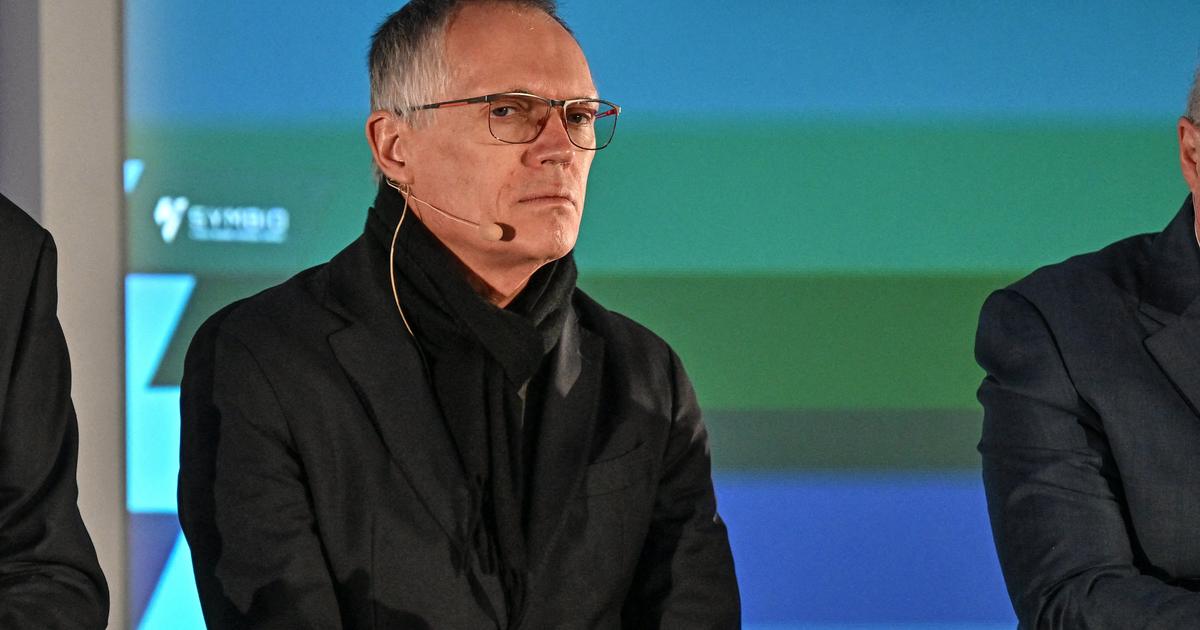Enlarge image
The expectations of hybrid work can vary widely - this sometimes causes headaches for both employees and managers (symbolic image)
Photo: Ekaterina Goncharova / Getty Images
"It could all be so simple, but it's not," the Fantastischen Vier remarked back in 2007. The knowledge of the Stuttgart old-school rappers can be easily transferred to the world of work more than two and a half years after the start of the pandemic.
The majority of companies have noticed at times how well flexible and hybrid working can work.
However, many bosses do not really want to accept that it has become an integral part of our working culture.
At least that is what the results of the current Microsoft Trend Report, which SPIEGEL has exclusively seen, suggest.
The core findings of the survey show that
there is still a productivity madness in companies, and there is a lack of mutual trust between employees and managers
.
In an international comparison, 87 percent of employees stated that they felt productive in their everyday work outside of the office, but 85 percent of managers expressed doubts about this.
For Germany, 86 percent of the employees surveyed stated that they were also making good progress at home - 79 percent of the superiors did not want to believe that.
Managers were even more skeptical in France (90 percent), Brazil (88 percent) and India (91 percent), although some of the employees in these countries considered themselves to be significantly more productive than German employees.
The call for presence
»When you look at the results, you can ask: What has actually happened in the past two years?
How can it be that there is such a big gap between employees and managers in the perception of how we want to work?” Claudia Hartwich, Head of Human Resources at Microsoft Germany, sums up.
Hartwich has been with the technology group for six and a half years and is connected via video from the home office.
The results make you doubt whether the willingness for a more flexible work culture really exists.
Although some of the eleven countries examined reveal differences in detail, the tendencies are similar: "Our study does not show that things are going much better elsewhere than in Germany," says Hartwich.
There is no exchange between employees and employees;
collectively and across continents.
For example, 43 percent of the employees surveyed stated that their company allows them to obtain feedback at least once a year. Conversely, this means that 57 percent of employees have little or no opportunity in their everyday work to reflect on their own work with their manager.
With its results, Germany is exactly in line with the international average.
When it comes to the
presence culture
, too , the results among employees and supervisors underscore one thing above all: scepticism.
A total of 82 percent of managers stated that they had problems getting their employees back into the office; in Germany the figure is 78 percent.
India is at the forefront of skepticism in this category at 93 percent, and doubts about office work also seem to be high in France (88 percent).
According to the study, this is because both employees and managers want a "better reason" than mere company expectations to return to the office desk.
In Germany, 72 percent of employees and 77 percent of managers say so.
India is again the leader: Here, 90 percent of managers and 80 percent of employees stated that a mere announcement from the company would hardly lure them back into the office.
Instead, contact with colleagues is the most important reason to return to the office (84 percent).
The German employees also see it that way (84 percent).
Develop?
Preferably not in your own company
Another point the investigation uncovers is
a lack of loyalty.
For example, 56 percent of the employees surveyed and 68 percent of global executives stated that their current employee does not offer them enough growth opportunities to want to stay with the company in the long term.
»Employees want to have a say in their working environment.
It's also about taking them on board more actively and asking yourself: How much do I as a company actually invest in my workforce so that people also want to be a part in the future?" says HR Manager Hartwich.
In Germany, 54 percent of employees and 72 percent of managers stated that they see their place for further development outside of their own company.
The results of the report suggest that the desire for presence on the one hand and more flexibility on the other is one that will continue to occupy the future working world.
Claudia Hartwich thinks similarly: »We need a cultural change – and we finally have to accept that the world of work has changed forever.«









/cloudfront-eu-central-1.images.arcpublishing.com/prisa/DIAGMBIFCBFTJADD5SB7GXXY2A.jpg)


/cloudfront-eu-central-1.images.arcpublishing.com/prisa/7FWSL2MJ4FD5TOM366ZNU2RLTU.jpg)

